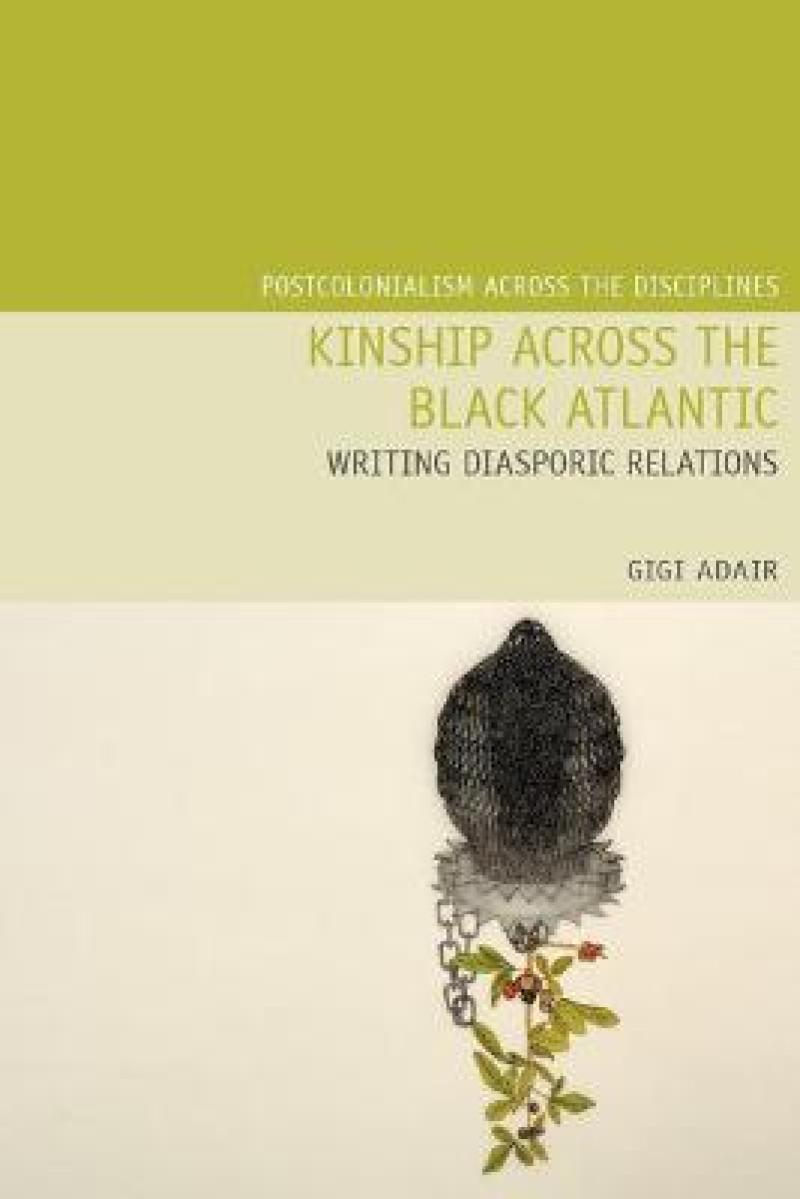Reviews
‘<i>Kinship Across the Black Atlantic</i> provides an outstanding analysis of new models and modes of family-making proposed by a range of key contemporary diasporic writers. Drawing upon a wealth of critical discussions of kinship drawn from anthropology, philosophy, feminism, queer studies, and more besides, Gigi Adair pursues a series of dazzling, detailed readings of the literary re-imagining of family-making across the black Atlantic. Ever alert to the pitfalls as well as the possibilities of fictionalising kinship anew, her vibrant analysis valuably uncovers the progressive modes of kinship that diasporic writing daringly and urgently proposes, often by reaching beyond the colonial-crafted constraints of heteronormativity, genealogy and biocentric myths of 'blood'.'<br />John McLeod, Professor of Postcolonial and Diaspora Literatures, University of Leeds
This book considers the meaning of kinship across black Atlantic diasporas in the Caribbean, Western Europe and North America via readings of six contemporary novels. It draws upon and combines insights from postcolonial studies, queer theory and black Atlantic diaspora studies in novel ways to examine the ways in which contemporary writers engage with the legacy of anthropological discourses of kinship, interrogate the connections between kinship and historiography, and imagine new forms of diasporic relationality and subjectivity. The novels considered here offer sustained meditations on the meaning of kinship and its role in diasporic cultures and communities; they represent diasporic kinship in the context and crosscurrents of both historical and contemporary forces, such as slavery, colonialism, migration, political struggles and artistic creation. They show how displacement and migration require and generate new forms and understandings of kinship, and how kinship may be used as an instrument of both political oppression and resistance. Finally, they demonstrate the importance of literature in imagining possibilities for alternative forms of relationality and in finding a language to express the meaning of those relations. This book thus suggests that an analysis of discourses and practices of kinship is essential to understanding diasporic modernity at the turn of the twenty-first century.
Introduction: Diasporic kinship across the Black Atlantic
Part I: Rewriting anthropology
Postcolonial sabotage and ethnographic recovery in Jamaica Kincaid’s The Autobiography of My Mother
Destabilizing structuralism in Pauline Melville’s The Ventriloquist’s Tale
Part II: Historiography and the afterlife of slavery
‘As constricting as the corset they bind me in to keep me a lady’: Colonial historiography in Andrea Levy’s The Long Song
Shattering the flow of history: Dionne Brand’s At the Full and Change of the Moon
Part III: Queer diasporic relationality
Queer creolization in Patrick Chamoiseau’s Texaco
Writing self and kin: diasporic mourning in Jackie Kay’s Trumpet
Conclusion: Diasporic futures?
Bibliography
Index
